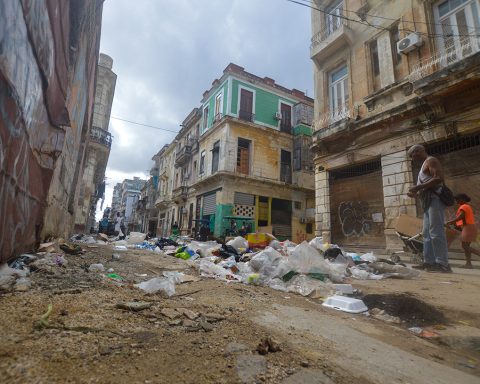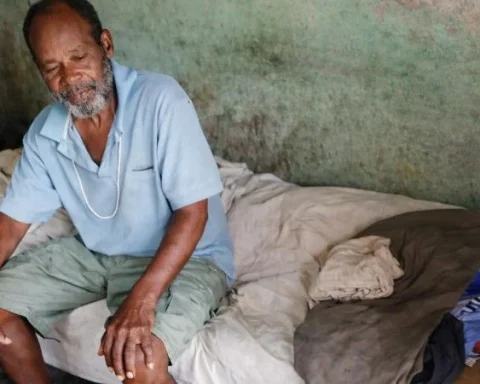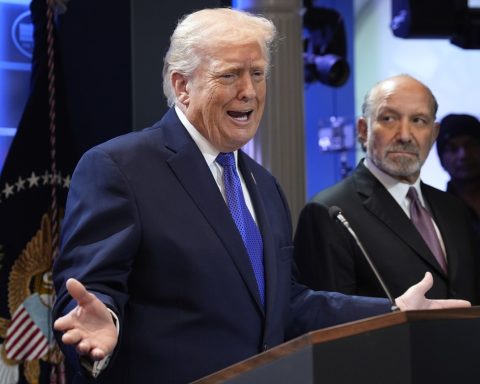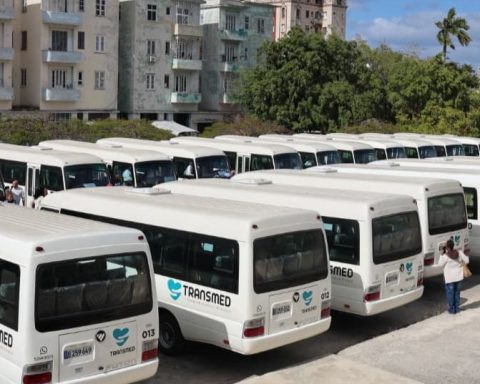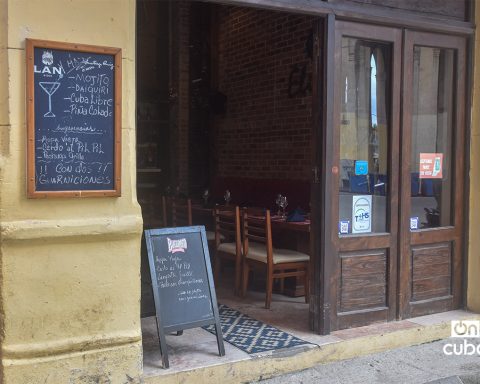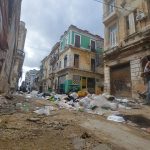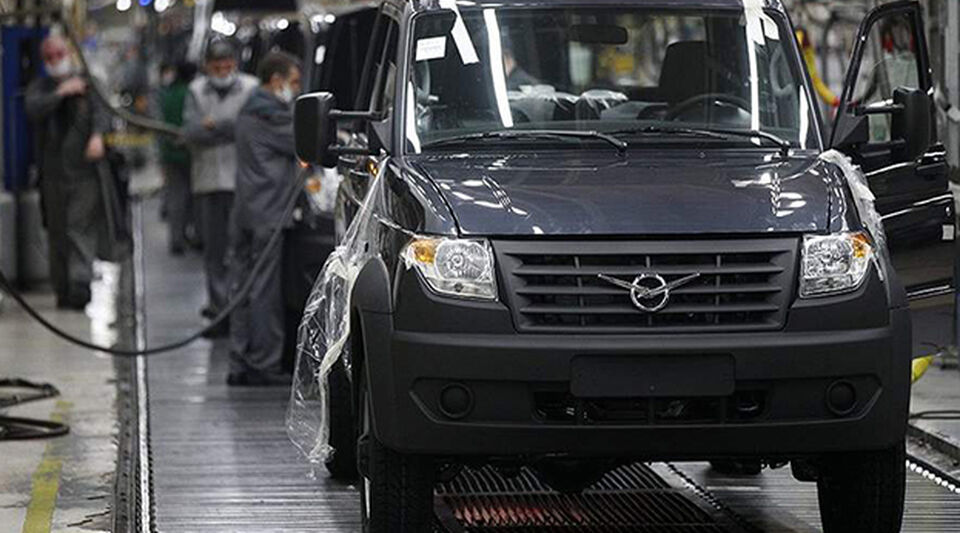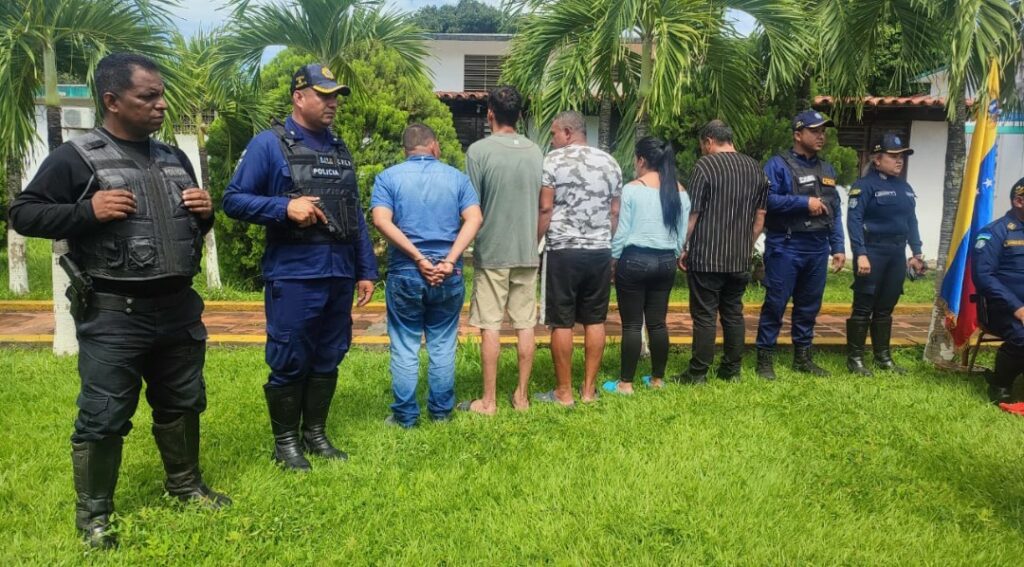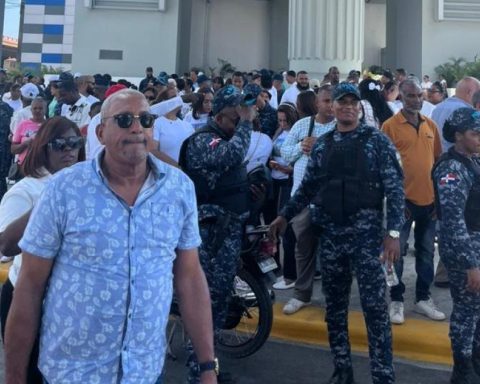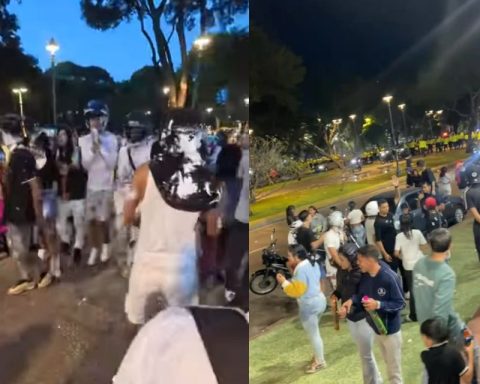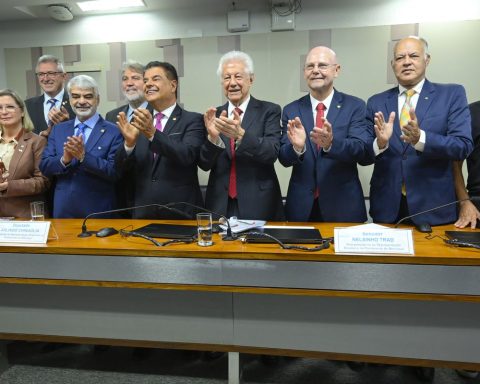Cuba and the European Union (EU) They held their third Joint Council this Friday in Havana, in the context of the visit to the island of the high representative of the community bloc for Foreign Affairs, Josep Borrell.
Both parties talked in the Cuban capital about issues of common interest and the current state of bilateral relations, as part of compliance with the EU-Cuba Political Dialogue and Cooperation Agreement, in force since 2017.
The European delegation was headed by Borrell, while the island was led by the Deputy Prime Minister and Minister of Foreign Trade, Ricardo Cabrisas, in the absence of Foreign Minister Bruno Rodríguez due to a “sudden viral illness,” as he himself explained. On twitter.
Before the start of the talks, the high representative of the EU “commended the atmosphere of frankness and constructive will” of the dialogues between the island and the European bloc, and stressed that with them both parties seek to contribute to “the well-being and the prosperity” of the Cuban people, according to press reports.
For his part, Cabrisas highlighted Cuba’s interest in “promoting the implementation of the Agreement” and bilateral ties, aim the agency Latin Press (PL).
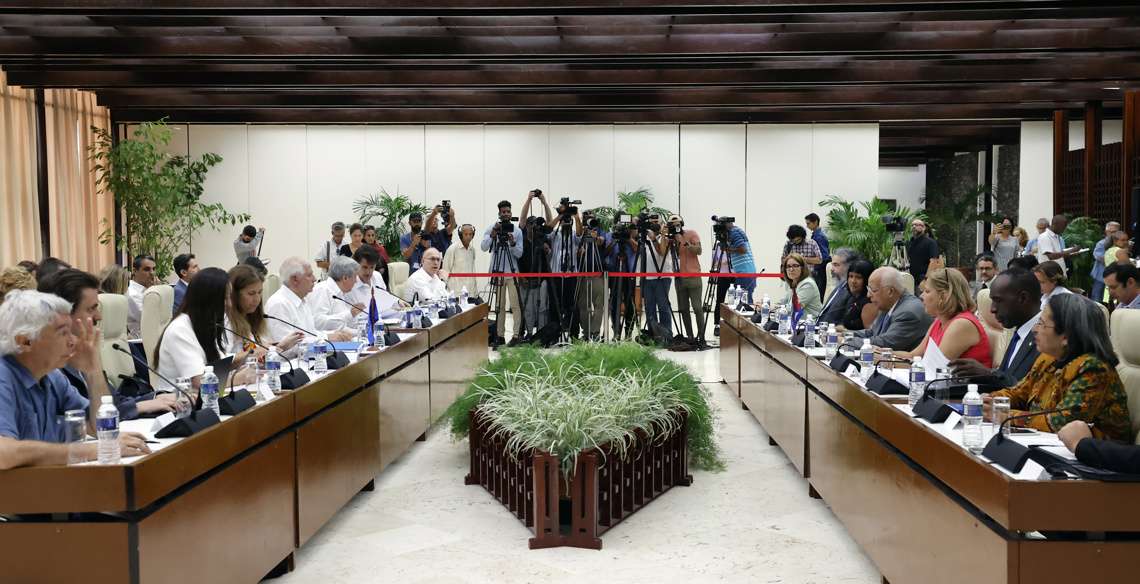
Then, at the end of the meeting, Borrell told the press that both delegations also discussed this Friday about “political freedoms”, “human rights” and the “situation created, before, during and after” the anti-government protests of July 11, 2021 (11J).
The Spanish diplomat affirmed that he “hopes” to talk about the matter with the Minister of Justice, Oscar Silvera, with whom he will meet in Havana, reports a dispatch from the agency EFE.
“We cannot ignore the fact that we have differences (…) but the EU has neither the capacity nor the will to impose changes in Cuba, said the high representative, who added that” we do want to have a dialogue framework that allows us to talk about everything that unites us and differentiates us without taboos or prohibitions.
Borrell announced that next November the EU special representative for human rights, Eamon Gilmore, will visit the island to follow up on the situation of those detained and sentenced for 9/11, which, according to non-governmental organizations, exceeds 700.
Borrell’s visit to Cuba concludes this Saturday, and as part of it he took part in a meeting with Cuban private MSMEs and entrepreneurs, to whom he reaffirmed the support of the EU. In addition, he is expected to participate in other activities and meet with the main authorities of the country.
Borrell reaffirms the support of the European Union to private MSMEs in Cuba
The EU-Cuba Political Dialogue and Cooperation Agreement was signed in December 2016 and has been provisionally in force since November 1, 2017, due to the fact that the Lithuanian parliament rejected it, recalls EFE.
This agreement marked the end of the so-called “common position” of the EU towards Cuba that the Union had maintained since 1996. It promotes cooperation in favor of sustainable development, democracy and human rights, as well as the possibility of finding shared solutions to global challenges through joint actions in multilateral forums.
The areas of common interest that can be addressed in the agreement include renewable energy, rural development, the environment, human rights, good management, security or job creation, among others, the Spanish agency points out.
EFE / OnCuba
